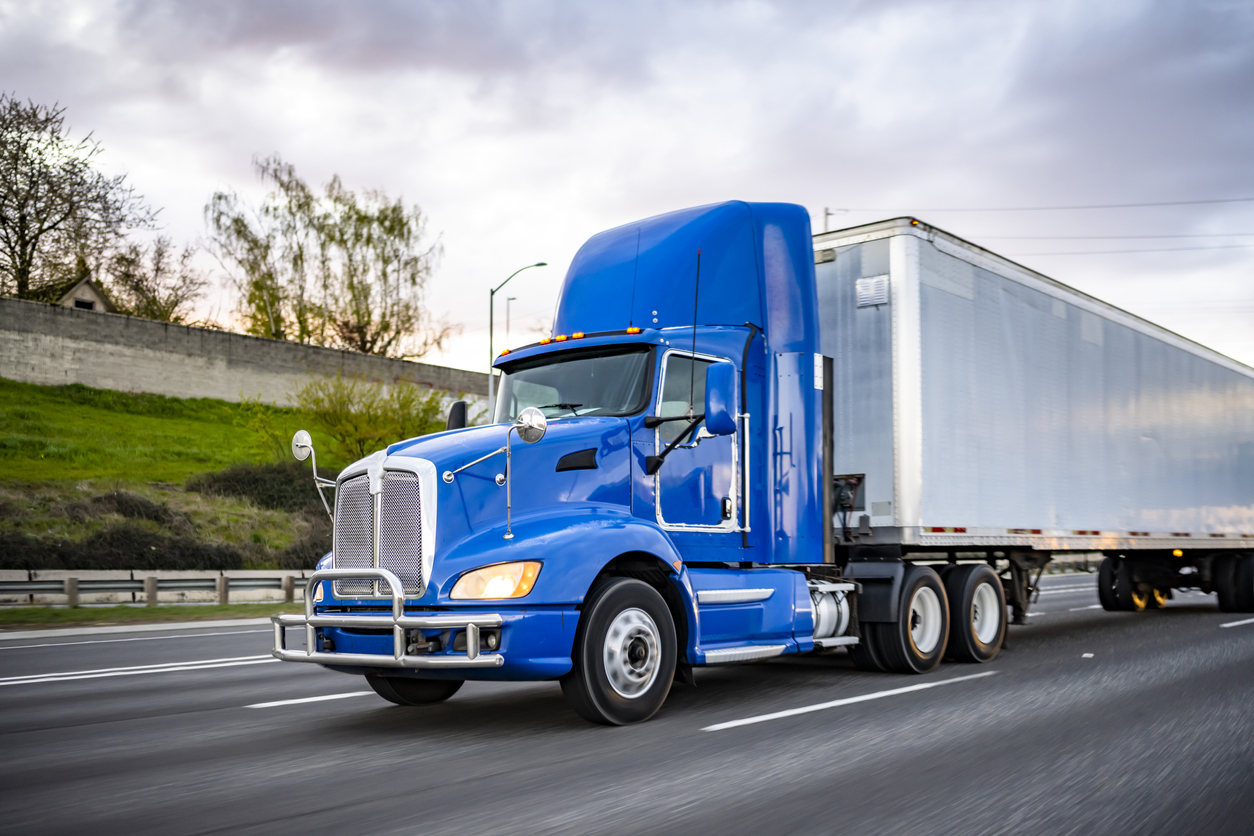Types of Commercial Driver’s Licenses

You likely encounter large commercial trucks daily, as these vehicles are an important part of society. It’s common to wonder how these drivers learn to operate these large vehicles and what the requirements are to drive them.
Drivers who wish to operate commercial vehicles must follow strict requirements and obtain special licensing. Getting a commercial driver’s license is critical, as it helps ensure drivers know what they’re doing behind the wheel and avoid potential truck accidents.
What Is A Commercial Driver’s License?
Prospective commercial vehicle drivers must successfully obtain what is known as a CDL. But what is a CDL?
A CDL, or a commercial driver’s license, is a unique type of license needed to legally operate a commercial vehicle. There are different types of CDLs allowing drivers to drive different kinds of large vehicles; therefore, it’s important to understand the type of license a driver needs based on their profession.
Commercial driving and the commercial driver’s license program are overseen by the Federal Motor Carrier Safety Administration (FMCSA). Drivers are only required to obtain a license in their home state and generally do not need different licenses to drive across state lines.
Types of CDLs
Driving a commercial vehicle requires special skills, knowledge, and physical abilities. For this reason, commercial drivers must learn to drive these vehicles and pass knowledge and skills tests. Additionally, because commercial vehicles are inherently dangerous, CDL drivers are held to a higher standard.
Drivers have the option of pursuing different types of commercial driver’s licenses, depending on the type of vehicle they intend to operate. There are three kinds of CDLs.
Class A License
Drivers are required to have a Class A CDL if they are operating any combination of vehicles featuring a gross vehicle weight rating (GVWR) of 26,001 or greater if the towed vehicle weighs in excess of 10,000 pounds.
With a Class A commercial driver’s license, drivers can operate any of the following vehicles:
- Semi tractor-trailers
- Tank vehicles
- Flatbeds
- Livestock carriers
A Class A CDL can also provide drivers the opportunity to drive some of the vehicles that require a Class B or Class C commercial driver’s license.
Class B License
Legally, drivers are required to possess a Class B CDL to operate a vehicle with a GVWR of 26,001 pounds or greater or tow a vehicle that weighs no more than 10,000 pounds.
Some of the Class B CDL vehicles include:
- Box trucks
- Large passenger buses
- Segmented passenger buses
- Straight trucks
- Tractor trailers
A Class B commercial driver’s license may also allow a driver to operate some of the Class C license vehicles.
Class C License
A Class C license is required for a driver wishing to transport 16 or more occupants (including the driver) or transport materials considered hazardous. Additionally, a Class C license allows drivers to operate combination vehicles not covered under Class A or Class B licenses.
The Importance of Proper Commercial Licensing
Commercial vehicles pose risks to everyone on the road, as they tend to cause extensive injury and damage in accidents. This is one of the primary reasons drivers must obtain special licensing to ensure they possess the skills needed to operate these commercial vehicles, especially on dangerous roads.
Failure to undergo formal training and testing and obtain a special CDL license can result in serious trouble for truck drivers and their employers.
If you’re involved in a collision with a commercial vehicle, it’s helpful to determine whether issues with licensing played a role. Consult a lawyer right away. A skilled truck accident attorney can review the details of your collision and determine cause and liability to seek a favorable result on your behalf.
Contact Our Truck Accidents Law Firm in Baton Rouge, LA
If you’ve been injured in an accident in Baton Rouge, Louisiana, and need legal help, contact our Baton Rouge truck accident lawyers at Palmintier Law Group to schedule a free consultation today.
Palmintier Law Group
618 Main St, Baton Rouge, LA 70801, United States
(225) 344 3735
